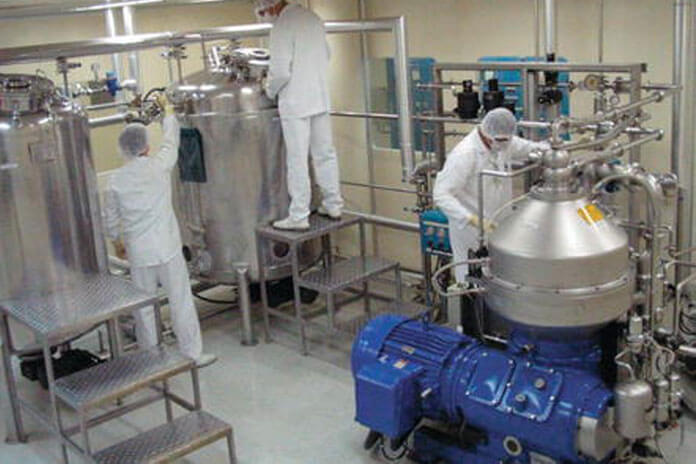Washington, DC, Wed. Sept. 29, 2021– Over a billion COVID-19 vaccine doses have been administered in Latin America and the Caribbean, which means that approximately 35% of the total population of the region has been fully vaccinated against COVID-19. According to PAHO, however, there is lack of uniformity in the vaccination rates across various countries in the Americas. Countries like Canada, Chile, Uruguay, and Puerto Rico have fully vaccinated over 70% of their populations, while ten countries in the region are yet to pass the 20% threshold — with Haiti inoculating less than 1% of its population. This stark disparity between low-income countries and high-income countries will significantly impact regional recovery from the pandemic, PAHO has said. The Director of the Pan American Health Organization (PAHO), Dr. Carissa Etienne, thus detailed vital measures that will have to be implemented to bridge the apparent vaccine gap.
While the Group of 7 (G7) countries have pledged to increase donations to the region, PAHO believes this is insufficient. The region must have its own capacity to produce vaccines. This dire need was emphasized when the leading contributor to the region’s vaccination supply, India, had to halt its exportation/donation of vaccines due to its record-breaking outbreak of the virus earlier this year. India halted exports in April and will only restart exports this October. Drawbacks from India and other major vaccine manufacturers such as Johnson & Johnson have lowered the expected vaccine supply of the COVAX facility from 2.27 billion vaccines to 1.43 billion doses — which is barely sufficient to vaccinate 20% of the populations of low- and lower-middle-income countries, according to the Wall Street Journal.
“Latin America and the Caribbean have imported nearly all the medical products that they’ve used in the COVID response, and today we’re paying the price as we continue to face delays in production,” said Dr. Etienne. Directly arising from this, PAHO has begun discussions to allow two companies, Bio-Manguinhos Institute of Technology on Immunobiologicals at the Oswaldo Cruz Foundation in Brazil, and Sinergium Biotech in Argentina, to receive technical support from PAHO and the World Health Organization (WHO) to facilitate the introduction of the development and production of mRNA-based vaccines. These two companies were selected by an external and independent panel of experts that chose these institutions due to their existing track record of vaccine production. This introduction of mRNA vaccines will allow the region to bolster the development of vaccinations for other public health crises in the region, like Zika and Dengue Fever.
Despite this, PAHO has still been procuring vaccines on the region’s behalf through the COVAX facility. “Our Revolving Fund is in advanced discussions with vaccine manufacturers to purchase additional COVID vaccines on behalf of our Member States, to complement bilateral deals, donations, and doses that they are receiving via the COVAX mechanism,” said the PAHO Director. Etienne was pleased to announce that PAHO had reached an agreement with Sinovac, the Chinese vaccine manufacturer, and has begun accepting orders that will be delivered later this year. PAHO is also expecting to sign contracts to procure more vaccines with Emergency Use Listing approval for the remainder of 2021 and 2022.
In her closing remarks, Dr. Etienne called on member states and financing institutions to prioritize investments in the regional supply chain. She said, “Because while expanding regional pharmaceutical manufacturing will require significant investment, the cost of inaction is simply too high, and we cannot go it alone. So once again, I urge countries, institutions, and partners across our region to work together so we can overcome this pandemic faster and be stronger and more resilient when the next crisis strikes.”

